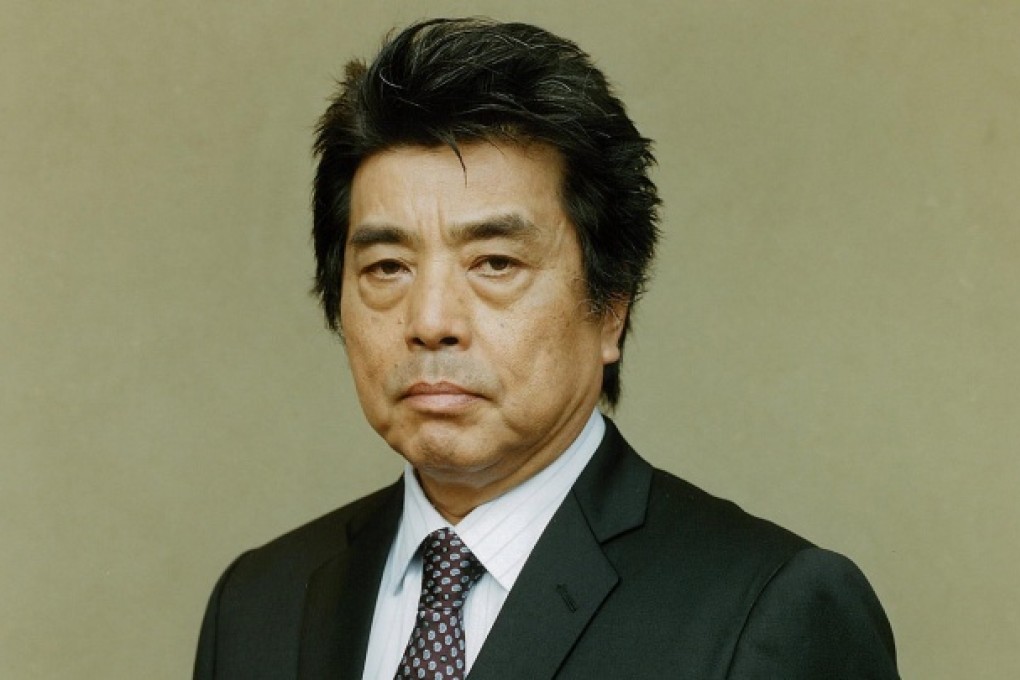All's not well on the home front
Renaissance man Ryu Murakami takes potshots at all things Japanese in his novels, writes Julian Ryall

Reading between the lines of From the Fatherland, With Love, it appears there's a lot in Japanese society that Ryu Murakami is not particularly enamoured with. Sure, the baddies get their comeuppance and meet their ends in grisly - and remarkably inventive - ways, but on the journey to their demise, it is the vacillating politicians, a weak military, opportunistic bureaucrats and bankers, and a public that has mislaid its personal pride that bear the brunt of his criticism.
And given some of the fractures and failings evident in Japan today, it is not too much of a leap to suggest that might be the genuine official and social response to a calamity on the scale that Murakami - who won the Yomiuri Prize for Fiction in 1997 for In the Miso Soup - posits in the book.

In the novel, Japan's influence in the region and the world has declined in tandem with its once-formidable economic might, while a similarly economically challenged America has backed off from the Western Pacific and its Japanese ally.
For anyone who calls Japan home, having these similarities pointed out can make for uncomfortable reading as we look into the future. Murakami might be taking his theories to their limits, but they are by no means infeasible. Given North Korea's recent aggression - detonating nuclear devices, launching missiles and threatening to turn Seoul and Washington into a "sea of fire" - Pyongyang makes a plausible enemy.
Seeking to take advantage of the demise of its arch-enemy (well, one of them anyway), North Korea hatches a plan to dispatch what it claims are dissidents fleeing the regime, but are in fact a nine-strong unit of its elite forces, to invade the city of Fukuoka, on Kyushu, where they declare they are setting up a new government while they await the main body of troops.